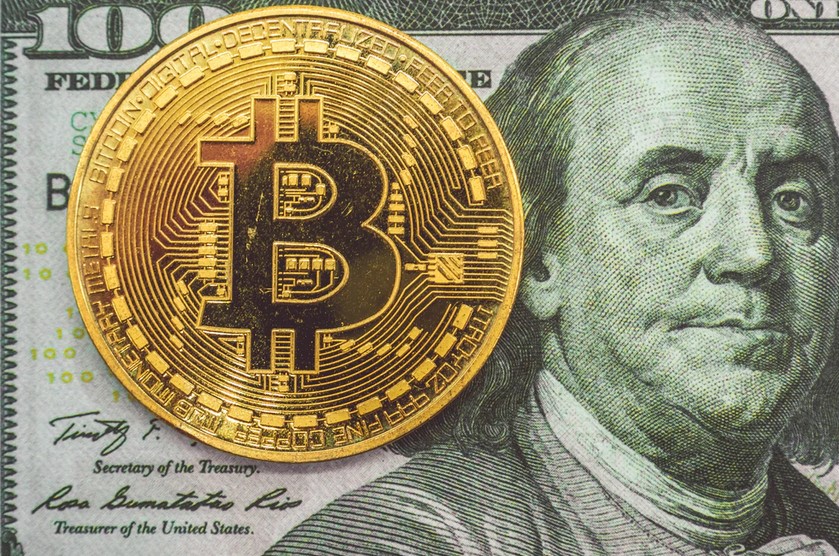The U.S. Securities and Exchange Commission (SEC) Chairman Gary Gensler hinted at the possibility of finally approving a Bitcoin Exchange Traded Fund (ETF) at a speech during the Aspen Security Summit. An ETF has been one of the “Holy Grails” for the crypto market and, similar to the legendary object, many have pursuit it with no luck.
However, the SEC Chair acknowledged the need for investors to gain exposure to a market which he considers to be “highly irregulated”. While a Bitcoin ETF backed by physical BTC was ruled out by the regulator, a derivatives-based ETF could be approved due to its potential to offer investors “significant protections”.
The Bitcoin futures-based ETF would have to use derivates provided by the Chicago Mercantile Exchange (CME). These are regulated by the U.S. Commodities Futures Trading Commission (CFTC), the ETF itself would be regulated by the SEC. Thus, the product would be under the supervision of two U.S. regulators.
Gensler said, the ’40 Act provides significant investor protections. Given these important protections, I look forward to the staff’s review of such filings, particularly if those are limited to these CME-traded Bitcoin futures.
A few days after these remarks the market reacted, and many players filed their BTC futures ETF petitions with the Commission. Bloomberg Intelligence’s (BI) expert James Seyffart has recorded over 20 crypto-based ETFs send to the SEC which has not received a definitive response, as seen below.
BI’s ETF analysts Eric Balchunas and Seyffart commented on how a derivative-based ETF will be an inefficient tool for investors to gain Bitcoin exposure. In a note called “The Unintended Consequences of Bitcoin Futures ETFs”, the experts said:
(BTC Futures ETF) if approved by the SEC, could cost investors 5-10 percentage points in annual returns by rolling contracts from one month to the next, potentially limiting their appeal. Thought a physically backed ETF would track Bitcoin more closely, the SEC appears to believe the roll cost are worth the extra investor protections (…).
Bitcoin Exposure For A Price, The SEC Has Investors Interest In Mind?
A BTC ETF has been considered a potential catalyzer that could bring fresh capital into the crypto market. But as Balchunas mentioned via his Twitter account, these products will hold almost the same appeal as the Grayscale Bitcoin Trust (GBTC).
Moreover, the BTC Futures financial product could be significantly more expensive than the GBTC, and a physically-backed BTC ETF. Balchunas added:
(…) while that is average roll cost, they (the BTC futures) could be much higher depending on period eg the last 12mo they were 45%! All told the Horizons Bitcoin Front Month Rolling Futures Index ER has lagged bitcoin by 76 points over past 4yrs.
This rollout process of these derivatives, the expert said, will cause far more complications for investors. When comparing the advantages of futures and physically-backed BTC ETF, the latter seems to be the better choice to protect investors.
Seyffart claimed that the U.S. SEC and its Chair have “lost the forest for the trees a bit when it comes” to a Bitcoin ETF. This could continue to push investors from investing in this product if any of the BTC Futures petitions are approved. The expert added:
A futures based ETF has backwardation/contango and provides inefficient exposure to Bitcoin. Simply put, it’ll be an inferior product compared to a spot Bitcoin ETF
At the time of writing, BTC trades at $45,192 with a 1.4% loss in the daily chart. The cryptocurrency has experienced a small pullback from its weekly high and could find support at $43,500.
